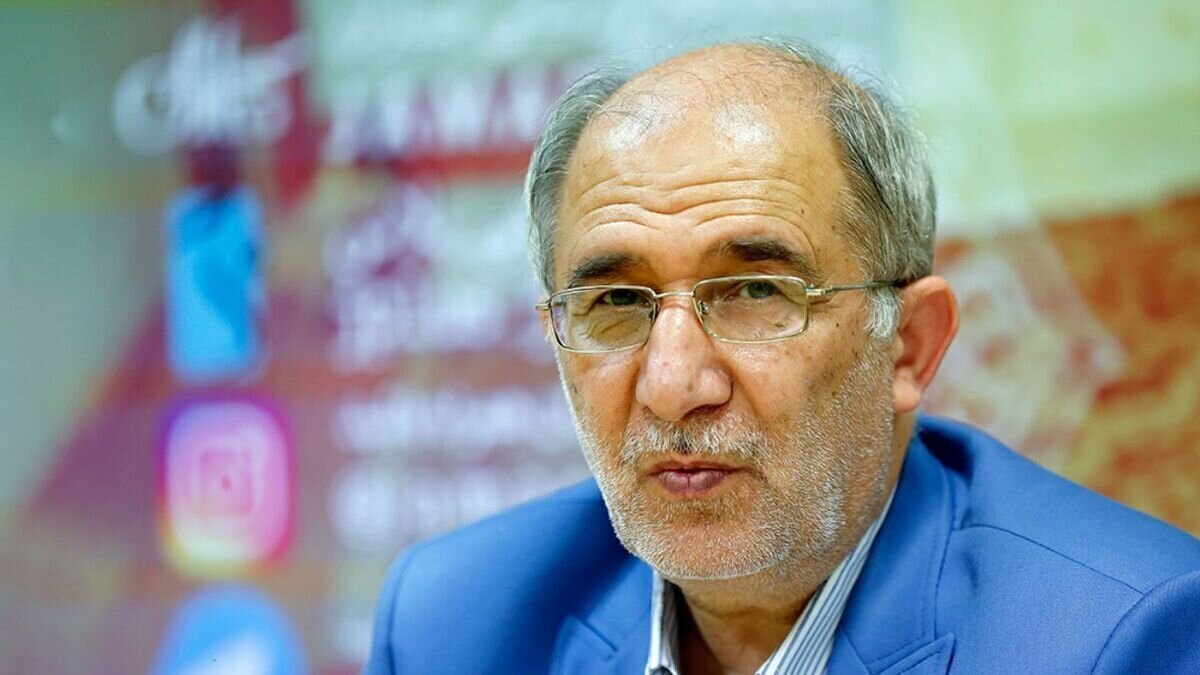No power can defeat Iran: military strategist

TEHRAN – A former commander of the IRGC navy and military strategist says no country, however powerful, cannot defeat Iran.
Writing an article in on Wednesday, June 25, about the 12-day war against Iran by Israel that was later joined by the United States, Hossein Alaei said, “This war demonstrated that no foreign power can defeat Iran.”
Israel stated a surprise and illegal war against Iran on June 13, killing a number of top Iranian military commanders, nuclear scientists, civilians and attacked Iran’s nuclear facilities.
The Israeli war on Iran was in full coordination with the United States. On June 23, the United States directly entered the war against Iran by bombarding Iran’s nuclear facilities in Fordo, Natanz, and Isfahan. The U.S. used B-2 bombers in striking Iran’s nuclear sites.
Facing Iran’s retaliatory and legitimate response, they called for a ceasefire on the early hours of Tuesday, June 24.
Alaei said, “The failure of this strategy demonstrated that bullying and military pressure against Iran are futile.”
The following is the text of his article published in the Iran newspaper on June 4:
The 12-day imposed war by Israel and the United States against Iran has seemingly come to an end. The goals of Israel and the United States were to overthrow the Islamic Republic, create a rift between the people and the government, and fragment Iran—all of which ended in failure.
In the imposed war, the Zionist regime, with the help of the United States, attempted to weaken Iran's military capabilities through the assassination of IRGC commanders and extensive attacks on nuclear and defense facilities. They sought to bring people to the streets with promises of regime change. However, contrary to their expectations, the Iranian people from all ethnicities and faiths united in an unparalleled manner against the aggression, demonstrating that the Iranian nation is more united than ever.
Iran was able to resist against the world's greatest nuclear powers, namely the United States and Israel, by relying on its indigenous military capabilities. The Iranian missile attack on the U.S. air base in Qatar stands as a clear example of Iran's defensive power and its seriousness in preserving territorial integrity.
The direct involvement of the United States in the war revealed its intention to resolve the nuclear issue and negotiations in its favor through force, but the failure of this strategy demonstrated that bullying and military pressure against Iran are futile.
Thus, Israel, which aimed to overthrow Iran's political system through war and impose its policies, not only failed to achieve this goal but also increased the animosity of Iranians towards itself. Additionally, the fragmentation of Iran did not occur; instead, national unity was strengthened.
Today, after the war, it is expected that officials will eliminate factors that weaken cohesion and strengthen common cultural, religious, and national pillars to maintain the established unity. Fundamental changes in economic and social spheres are essential for the sustainability of this cohesion.
The 12-day war serves as a reminder of the historical resistance of the Iranian people during the 8-year imposed war (Iraq’s war against Iran in the 1980s), a nation that has always stood firm for the dignity and security of its country until the very last moment. This war demonstrated that no foreign power can defeat Iran, and diplomacy is the only path to creating security and peace in the region.
Leave a Comment